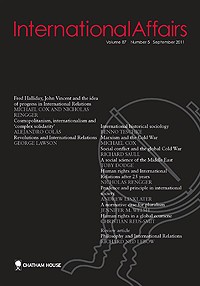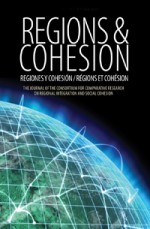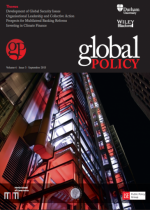Are you willing to be made nothing? Is Commonwealth reform possible?

A new round of Commonwealth reform proposals commenced at the Commonwealth Heads of Government Meeting of 2009. An ensuing report, titled A Commonwealth of the people: time for urgent reform, contained a long list of proposals that eventually resulted in 2013 in the adoption of the Commonwealth Charter. Many classic international organizations are in need of reform, but this is, of course, challenging. This new Commonwealth reform process will not lead to satisfying changes and will not make it a more relevant actor in global governance. The year 2015 marks the Commonwealth Secretariat’s first half-century. We take this symbolic marker to push for a forward-looking exercise, arguing that because the true nature of the Commonwealth is often misunderstood, a better understanding of the organization is essential before embarking on any successful change-management project. In the article we identify four different kinds of Commonwealth: three of a ‘formal’ nature (the official, bureaucratic and the people’s Commonwealth) and a fourth ‘informal’ one (Commonwealth Plus). By describing the potential of these four different kinds of Commonwealth, we can anticipate better the challenges with which the Commonwealth network is faced, both internal (including its mandate, its British imperial past and dominance, the organization’s leadership and its membership) and external (other international organizations, other Commonwealths, rivalry with regional organizations and the rise of global policy networks). Consequently, this should lead to a better and more sustainable debate about the Commonwealth’s future role in global governance.







